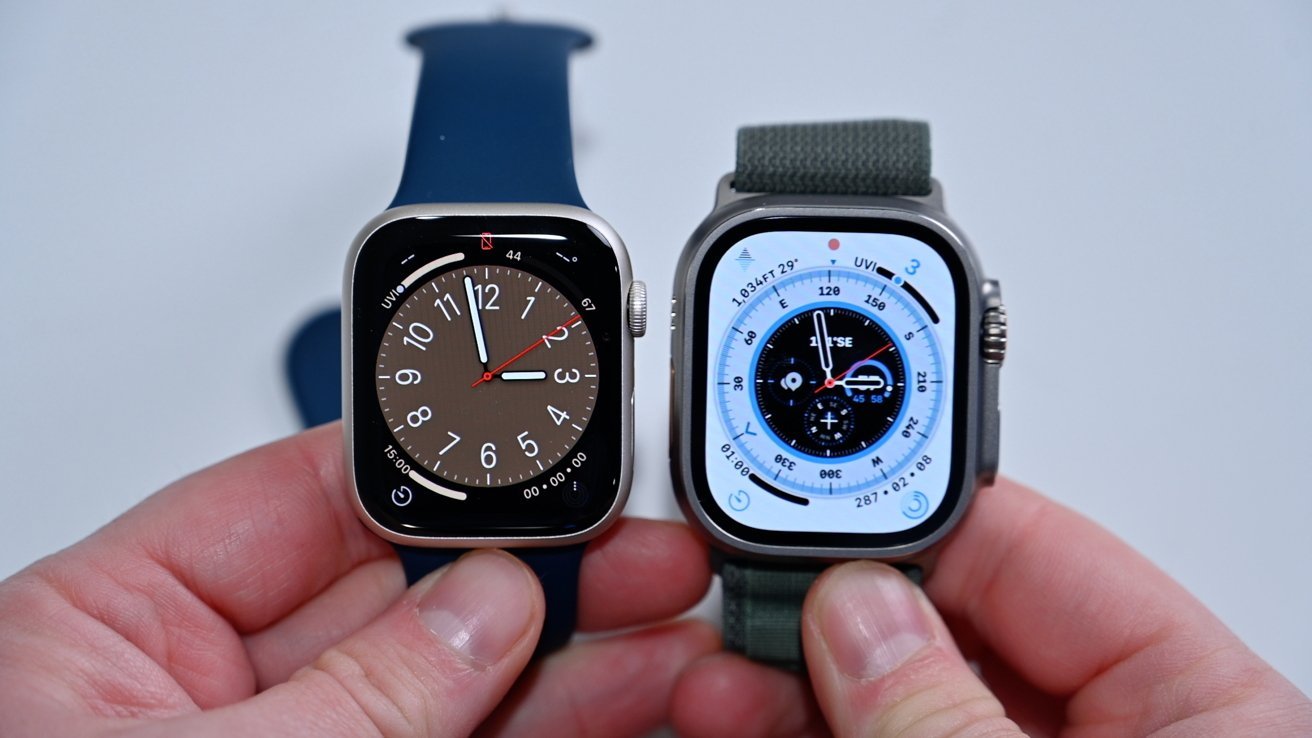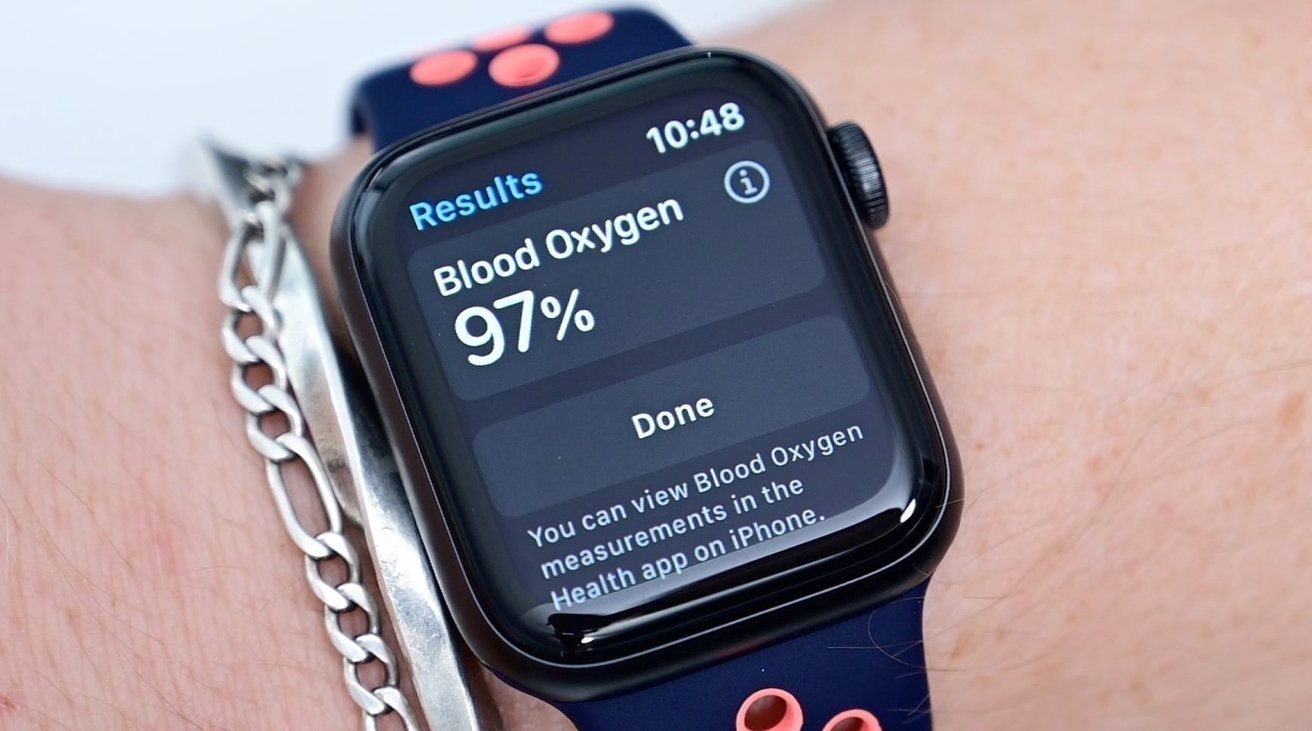The Apple Watch Series 9 and Apple Watch Ultra 2 ban will start again on January 18 at 5 PM ET, and will remain banned until the appeal has concluded.
Apple's bid to the US Court of Appeals for the Federal Circuit to keep the Apple Watch as-is on the market has failed. As a result, the Apple Watch sales and import ban resumes imminently.
To work around the ban, Apple has devised a software patch, which disables the feature. It's not yet clear if this will apply to every Apple Watch on the market, but preliminary indication are that it will only apply to devices it imports and sells.
On December 25, an ITC order banned the import and sale of Apple Watch models that infringed on patents owned by Masimo, preventing their sale in the United States. On Wednesday, Apple managed to secure a reprieve.
In an appeals court win on December 27, Apple managed to convince the court to delay the import ban, effectively allowing the sale of the wearable devices in the United States once again.
Apple filed the motion on December 26, citing the potential "irreparable harm" to its business. December 26 was the earliest opportunity for Apple, as it had to wait until after the 60-day White House review window elapsed on December 25.
Third-party retailers who sell the Apple Watch remain unaffected, though they will have to depend on existing stock on hand for the moment.
In 2020, medical firm Masimo filed a lawsuit against Apple in the U.S. District Court, alleging that the blood pulse oximeter in the Apple Watch violated patents and that Apple had stolen trade secrets. In 2021, this was followed by a filing with the U.S. International Trade Commission.
Masimo accused Apple of unfairly copying its products' blood oxygen sensing feature.
Masimo also reasoned the U.S. public would not be affected by an Apple Watch import ban as the sensor isn't "essential to the public health or welfare." This was due to Apple's warnings in fine print that the measurements from the sensor should not be relied upon for medical purposes.
Although the District Court trial was declared a mistrial and did not resume, the ITC ruled in favor of Masimo in January.
On October 26, the ITC issued an order preventing Apple from importing any Apple Watch models that violated Masimo's patents following a complete review. This decision triggered a 60-day review period for the White House.
On December 18, Apple announced that it would stop selling the Apple Watch Series 9 and Apple Watch Ultra 2 in the United States. Online sales were halted on December 21, and Apple Store sales were paused on December 24.
Apple tried to stop the ban by filing a motion for a stay of execution, but on December 20, the ITC denied it. The ITC ban was set to begin on December 25.
The White House confirmed on December 19 that it was monitoring the potential ban, but it didn't intervene and allowed the ITC ban to commence as ordered.
 Mike Wuerthele
Mike Wuerthele


-m.jpg)






 Andrew O'Hara
Andrew O'Hara
 Wesley Hilliard
Wesley Hilliard

 Malcolm Owen
Malcolm Owen
 Marko Zivkovic
Marko Zivkovic

 Chip Loder
Chip Loder
 Christine McKee
Christine McKee




-m.jpg)




20 Comments
Is Masimo a real healthcare technology firm or are they a patent troll? If the former, not sure why apple doesn’t pay them the license fees like they do Qualcomm. If the latter, may Masimo rot in special place in hell only reserved for patent trolls.
Well, well… how the turn tables.
Apple will find a way but it will take until watch 10 or 11. No quick fix here.
https://www.youtube.com/watch?v=DXTx_nEThPA